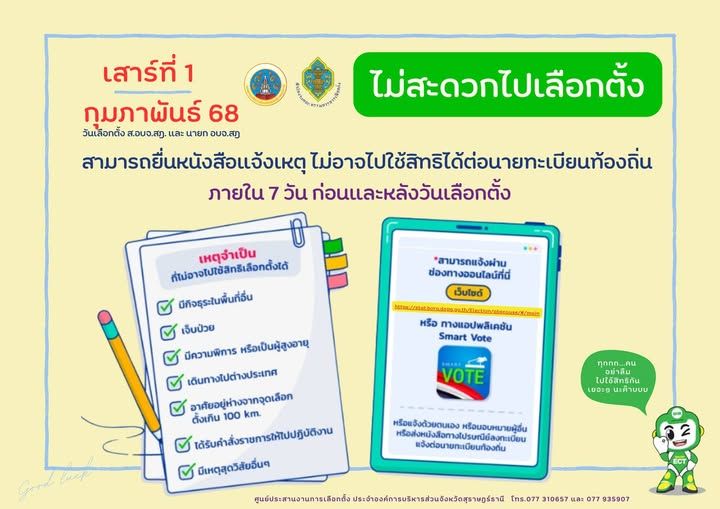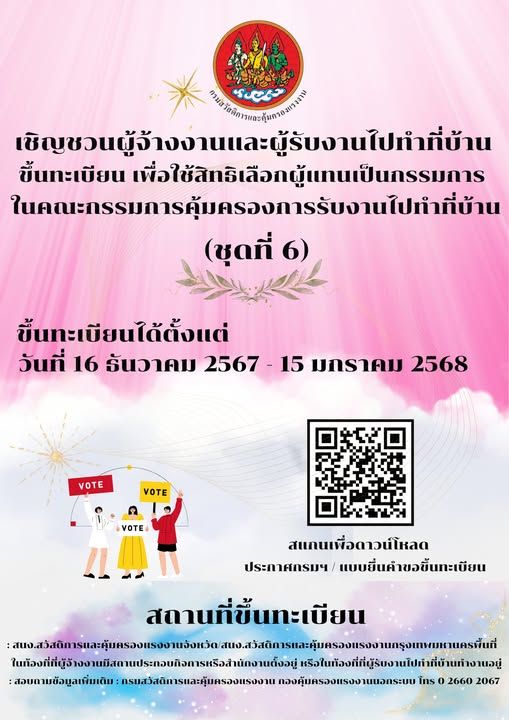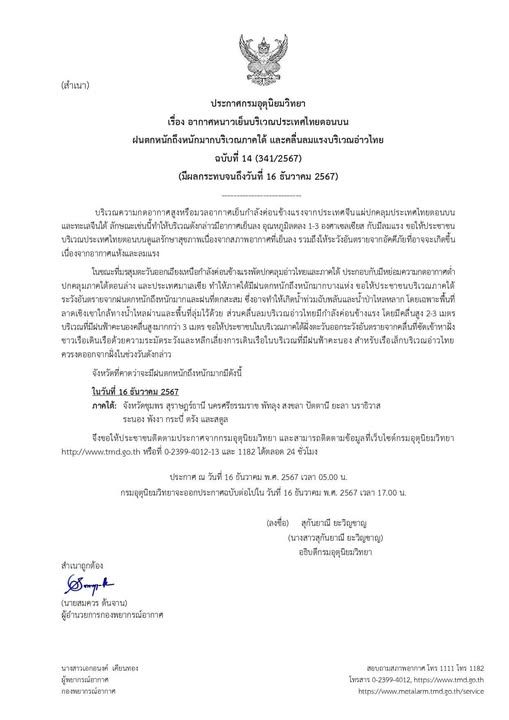The Thai government is working to establish the Halal Economic Corridor (HEC) in the southern border provinces of Yala, Pattani, Narathiwat, and Satun, as well as four districts in Songkhla. The HEC aims to improve the livelihoods of local residents, revive the economy, and make Thailand a global hub for halal goods.
Halal Goods and Services
The HEC will focus on products and services that conform to Islamic principles. Southern border provinces have been chosen as the hub due to their historical connection to the Arab world through trade, their role as a transit point for Chinese traders, and the fact that 80% of the local population are Thai-Muslims.
This new economic initiative takes advantage of the strong presence of processed seafood manufacturing in the region, which has long been halal-certified and exported to Europe and the Middle East.
Expanding Halal Production and Tourism
In addition to seafood, the government is encouraging locals to produce halal meat, such as beef, chicken, and goat, to be exported to Islamic countries. Approximately 10,000 farmers across the five provinces have already joined this campaign, collaborating with the Livestock Department, National Farmer Councils, and various cow breeding associations.
The HEC also aims to promote halal tourism and wellness for visitors from Muslim countries. Hospitals, hotels, and even universities are starting to adopt halal practices. One example is the Prince of Songkla University in Pattani, which has been researching the development of halal spas for Muslim tourists.
Knowledge and Education
To ensure the success of the HEC, it is crucial to educate locals about halal practices. Institutions such as the Prince of Songkla University Halal Institute, Fatoni University in Pattani, and Rajabhat University Yala have collaborated with other universities outside the southern border region to promote halal knowledge. These educational efforts not only benefit local entrepreneurs but also help build confidence among Muslim investors.
Halal Certification
Entrepreneurs in the HEC can obtain halal certification through the Central Islamic Council of Thailand (CICOT) and the Provincial Islamic Council (PIC) in each of the five southern border provinces. Attracting foreign investors, particularly from ASEAN and Middle Eastern countries like Saudi Arabia, is a critical component of the HEC’s success.
In conclusion, the development of the Halal Economic Corridor is a promising initiative that not only aims to improve the livelihoods of locals in the southern border provinces but also has the potential to transform Thailand into a global hub for halal goods and services.




